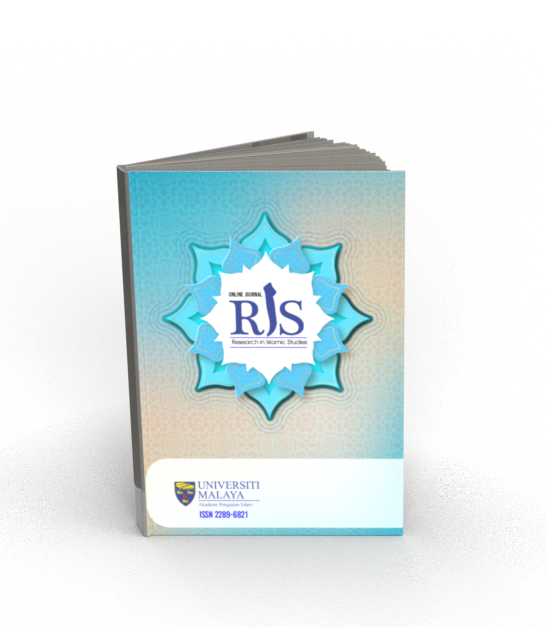Main Article Content
Abstract
Over the last decade, there has been a growing emphasis on the creation of Islamic-related products and services. In response to this trend, hotels developed novel offerings for Muslim customers known as Muslim-Friendly Hotels. However, there has been a paucity of study on the features and implementation of Muslim-Friendly Hotels in the hotel business. As a result, the goal of this study is to better understand the practise of Muslim-Friendly Hotels in Malaysia. A focus group discussion was conducted in this preliminary study to get a knowledge of the practise and issues connected with using the MFH concept in hotel operations in Malaysia. In total, six panels were part in the discussion. The debate was recorded, and the dialogue, as well as the remarks made throughout the discussion, were transcribed, and then categorised based on the questions raised during the discussion. In general, this research discovered three issues in implementing Muslim-Friendly Hotels in Malaysia, including the uncertainty of government regulation, the lengthy procedure of obtaining the Halal certificate, and the lack of a solid supporting system to support the implementation of Muslim-Friendly Hotels. In addition, two Malaysian Standards, MS1900:2005 and MS2610:2015, have been recognised and strongly recommended for incorporation as a unified system in implementing the Muslim-Friendly Hotel idea.
Keywords
Article Details
Copyright (c) 2022 Online Journal of Research in Islamic Studies

This work is licensed under a Creative Commons Attribution-NonCommercial-ShareAlike 4.0 International License.
Copyright Notice
By submitting manuscripts to the Online Journal of Research in Islamic Studies (RIS), authors agree to transfer copyright to the journal. However, authors may republish their work or grant others permission to republish it; in which case it should be accompanied by a proper acknowledgment that the work was originally published in the Online Journal of Research in Islamic Studies (RIS). The journal adopt CC-BY-NC licence which authors may also share and distribute their article anywhere of non-commercial website, social media and repositories immediately on publication.
Authors may also reuse the Abstract and Citation information (e.g. Title, Author name, Publication dates) of their article anywhere at any time including social media such as Facebook, blogs and Twitter, providing that where possible a link is included back to the article on the journal site.
